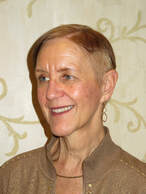 Linda Crockett Director, Safe Communities Children are at an increased risk for sexual abuse during the holidays. Before you are caught up in the whirlwind of holiday preparations, take a minute to read this blog post. It may help you save a child from a trauma that can have a lifetime impact. First, it is important to know that sexual abuse includes a broad range of behaviors in which an adult or older child (or one with more social power) engages a child in sexual activity of any kind. This encompasses both touching and non-touching offenses. Why does risk increase during the holidays?
During the holiday season, more large extended family, church and neighborhood gatherings are taking place. This means we are bringing children into direct contact with the very group of people most likely to harm them, and with whom we naturally assume are safe for them to be around.
My uncle sat beside me at the dinner table and put his hand between my legs. I just froze; everyone was talking and eating. I thought if he is doing this here, it must be ok, so I didn’t say a word. “Annie” age 12 After we got back from church, I went downstairs to play with my cousins before we ate dinner. Two of the boys pushed me up against the wall, pulled down my panties, and poked me down there. They were laughing and everyone thought we were having fun. “Barbra” age 8 with Drew (age 9) and Mike (age 10) But my Child Would Tell Me! More than 60% of children don’t tell anyone – especially when the abuser is someone to whom they are close. They may be afraid no one will believe them, or think they did something wrong. They may love the abuser, and not want to get them into trouble. When children are very young and have not been educated about sexual abuse, they may not even have words to describe what happened to them. In fact, the average age of disclosure is in the early 50s. I was afraid to tell my mom; he told me I’d have to go live in a foster home if anybody found out. “David” (age 9) What can I do? Teach safety: While it’s always the job of adults to protect children, we teach them safety while crossing a street, or swimming, because we can’t keep eyes on them 24/7. Yet the risk of sexual abuse is much greater than these, with one in four girls and one in six boys affected. Teaching your child to stay safe from sexual harm may in fact be the most important conversation of all, given its alarming prevalence and hidden nature. Beginning at around age four, teaching your children the proper names for their private parts, and letting them know that no one should ever ask them to keep a secret if it involves a private part is an effective way to start. Assure them you want to know right away if someone does this – and they will never be in trouble for telling you. In fact, with Santa’s lap beckoning, and visits from friends and relatives in high gear over the next few weeks, the holidays are a perfect time of year to brush up on keeping your child safe. Teach consent: While it’s impossible to “abuse proof” our children, we can reduce their risk when we empower them to be the boss of their own bodies - and that means it’s up to them to decide whether they want to be hugged, kissed, or touched by anyone. This is also teaching them about consent at its most basic level – you ask permission before you touch somebody, and you respect their “no.” And there is no better place for them to practice than at home, or when they are with you. When parents come to visit for the holidays and your mom begins to sweep your child into a hug, you step in and say something like “Mom, I know you love to hug, but we’re teaching Cate that she gets to decide when she wants to be touched. Cate, do you feel like a hug from Nana right now, or would you like to say hello to her in some other way?” This “boss of my own body” rule applies even to Santa. It requires a conversation before you set out on this rite of Christmas. First, ask your child if they would like to visit Santa. If Billy says yes, the conversation goes something like “Ok! Would you like to sit on Santa’s lap, or would you rather talk with him another way?” If Billy doesn’t want to sit on his lap, affirm his choice. “You’re the boss of your body, and you don’t have to sit on his lap. How would you like to greet him?” And during the visit, stay close enough so you can intervene with Santa if needed – just like you did with your mom. We have all seen sobbing terrified children pulled into Santa’s lap. Don’t let your child be one. EMPOWER THEM TO SPEAK UP – LOUDLY! A young boy I’ll call Nick practiced safety rules at home and had occasion to use his “I mean business!” voice (another thing we can instruct our children to do when someone crosses a boundary) and apply the body safety rule at school. While the teacher was distracted, a child sitting near Nick grabbed his private parts and squeezed – hard. Nick jumped up and shouted: “Hey, you can’t touch my (p***s)! That’s not ok!” He not only got the immediate attention of his teacher, but he taught his classmates a valuable lesson many had never heard before. But don’t depend on a little Nick to teach your children. Do it yourself – and especially during this holiday season. Know the signs – and act quickly Learn about the signs that may indicate a child has been abused and what to do. Too often “red flags” go unnoticed because the adults around the child have not been educated to recognize concerning behaviors. With early intervention, protection from more harm, and appropriate professional counseling, your child can heal. Download our Child Sexual Abuse Prevention booklet on what to know, what to do, and how to help. Learn about behavioral signs that may indicate a child has been sexually abused, and where to get help. More Resources Workshops: Safe Communities offers safety workshops for kids at churches and organizations. Using activities, videos, and music to keep little ones engaged, kids and their parents learn about basic body safety, that its OK to tell, and dive into “what would you do if…?” scenarios to practice important safety concepts. As adults have the primary responsibility to protect children, we also have a variety of workshops for adults. Used an evidenced based approach, we equip the adults that surround children with the knowledge and skills they need to keep kids safe. For more information call 717-560-9989 or email [email protected] Books: God Made all of Me: A Book to Help Children Protect their Bodies, by Justin and Linsey Holcomb; I Said NO! A kid-to-kid guide to keeping private parts private, by Zack and Kimberly King Reporting Abuse: Our downloadable Mandated Reporting brochure provide an easy-to-understand overview of how/where/when to report suspected child abuse. Visit our Resource Page www.safecommunitiespa.org for links to local, PA and national resources. If you or someone you know is a victim of sexual abuse, you can file a child abuse report by calling 1-800-932-0313. The Pennsylvania ChildLine is a toll-free hotline available 24 hours a day, seven days a week to receive reports of suspected child abuse and general child well-being concerns. The report can be taken in English or other languages. Parts of this blog were published by the Touchstone Foundation in December 2021 with the title “Parenting for safety during the holiday season”.
1 Comment
5/26/2024 07:08:18 pm
The wellbeing of all children needs to be of real importance to everyone — and not just concern over what other parents’ children might or will cost us as future criminals or costly cases of government care, etcetera.
Reply
Leave a Reply. |
|
© Safe Communities. All rights reserved, 2021.
|
subscribe to email updates |

 RSS Feed
RSS Feed
